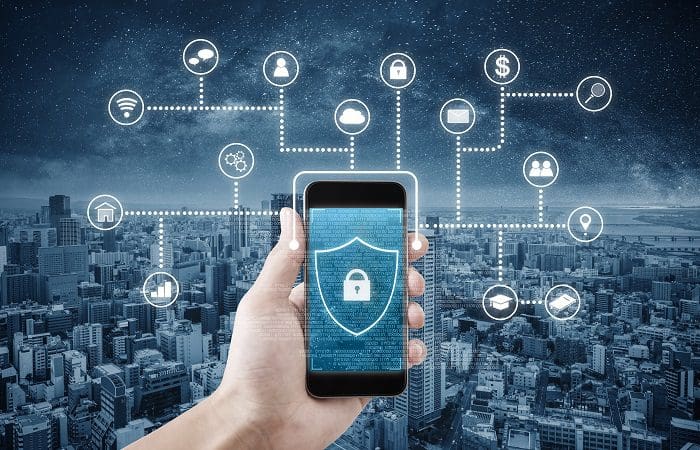Cyber Security in Mobile Devices: Protecting Information on the Move
Navigating the Mobile Landscape: The Crucial Role of Cyber Security

Discover the importance of cyber security in mobile devices. Learn about the unique threats faced by mobile users and the strategies to protect information on the move.
In today’s interconnected world, mobile devices have become an integral part of our lives. However, as we increasingly rely on mobile devices for communication, work, and entertainment, the importance of cyber security cannot be overstated. This article explores the unique challenges of mobile security and provides strategies for protecting information on the move.
Understanding Mobile Security
Mobile security involves protecting both personal and business information stored on and transmitted from smartphones, tablets, laptops, and other portable devices. As these devices often connect to potentially insecure networks and handle sensitive data, they present attractive targets for cybercriminals.
Unique Threats to Mobile Devices
Mobile devices face a range of unique threats. These include malware, which can be downloaded from malicious apps or websites; phishing attacks, where a user is tricked into revealing sensitive information; and network spoofing, where a cybercriminal sets up a fake Wi-Fi network to intercept data.
Strategies for Mobile Security
Protecting mobile devices requires a comprehensive approach to cyber security. Key strategies include:
- Regular Updates: Keep your mobile operating system and apps updated to protect against known vulnerabilities.
- Secure Connections: Avoid connecting to unsecured public Wi-Fi networks, which can expose your device to cyber threats.
- Data Encryption: Use encryption to protect sensitive data stored on your device or transmitted over networks.
- Strong Authentication: Use strong, unique passwords and consider using biometric authentication features, such as fingerprint or facial recognition.
- Security Apps: Consider using a reputable security app to protect against malware and other threats.
The Role of Users and Businesses
Both individual users and businesses have a role to play in mobile security. Users should be aware of the risks and take steps to protect their devices and data. Businesses, on the other hand, should implement mobile device management (MDM) solutions and provide training to employees on mobile security best practices.
Looking Ahead
As mobile devices continue to play a crucial role in our lives, the importance of mobile security will only increase. The threats are evolving, but by understanding the unique security challenges of mobile devices and implementing robust security measures, we can protect our information on the move.
The journey towards secure mobile usage may be complex, but with the right strategies and a commitment to security, we can navigate the mobile landscape safely and securely. As we continue to embrace the convenience of mobile devices, let’s also embrace the practices that keep our data safe, ensuring that we can enjoy the benefits of mobility without compromising our security.

Comments are closed, but trackbacks and pingbacks are open.